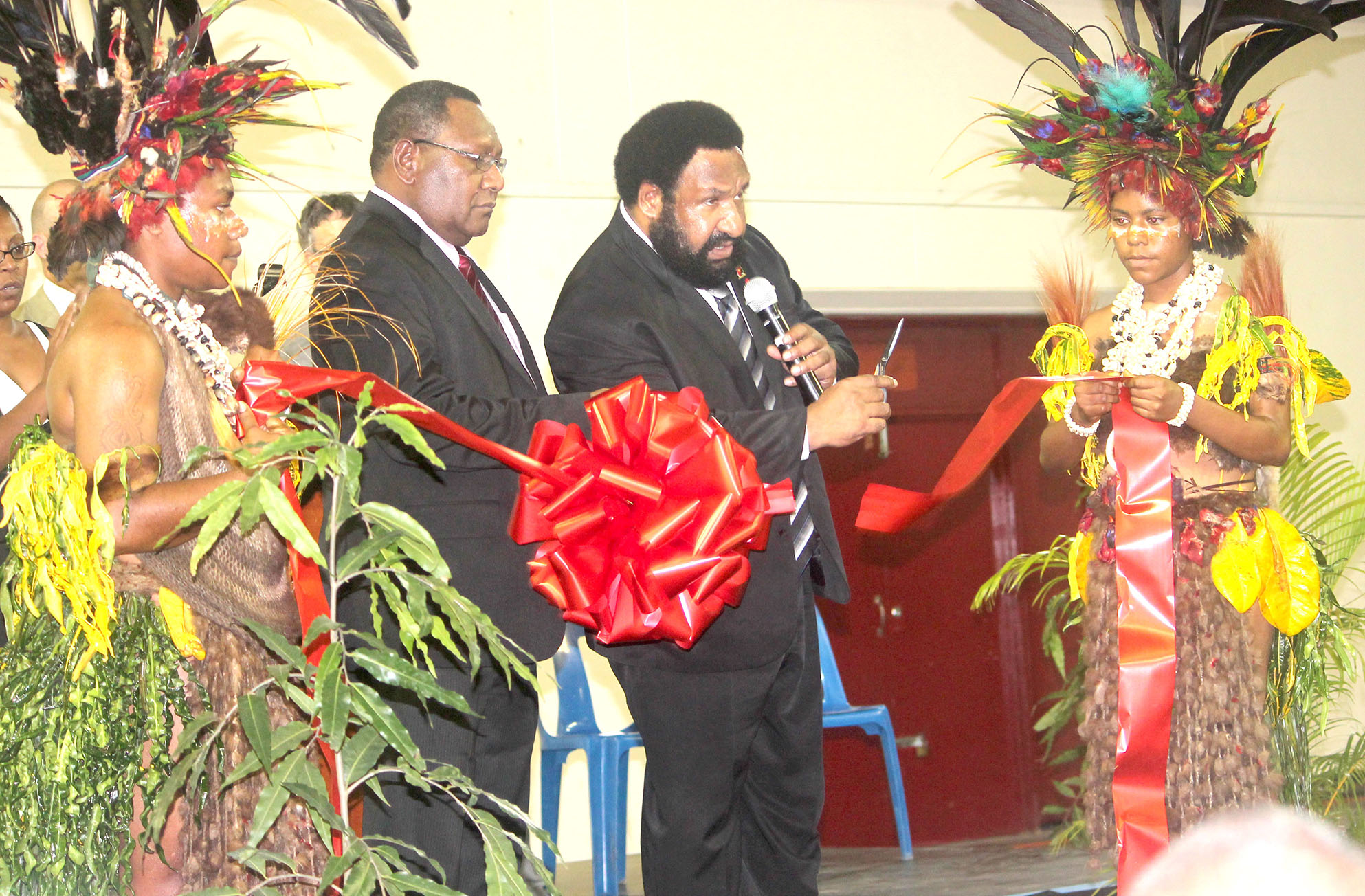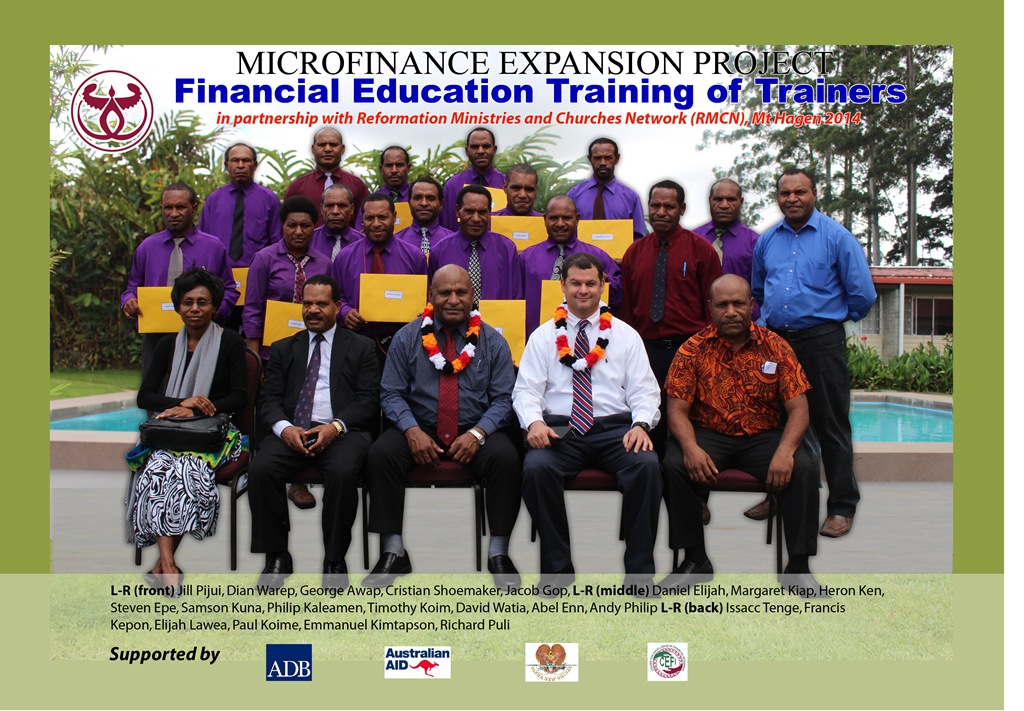Financial Inclusion
Introduction to Financial Inclusion
Financial inclusion is important in the Papua New Guinea (PNG) context as over 85% of the low income population are living in rural areas and do not have access to formal financial service. The confluence of multiple barriers such as difficult geographies, lack of physical and social infrastructure, limited technological skills and know-how has created difficult challenges in the supply and access of financial services. As a result a large part of the low-income population, in particular rural people and women are financially ‘excluded’, as they lack access to financial services. This exclusion is an impediment to monetization of rural economies and constraints the growth of micro and small enterprises.
The Bank recognises that expanding financial services can encourage the participation of more Papua New Guineans, especially those in rural areas and urban settlements, in development activities in both the formal and informal sectors of the economy, and that the benefits of growth and technology need to be widely shared. Many Papua New Guineans find themselves on the fringes of the monetary economy with little understanding of, or access to financial services. Improvement in the proportion of the banked population and the financial literacy of this population will empower them to improve outcomes in savings, investment and sharing of the benefits of economic growth.
The Bank, given its various roles and functions, is well placed to assist in this endeavour through the advancement of micro-finance, internet and mobile phone banking initiatives and other programs. In view of this, the Bank has undertaken financial inclusion initiatives as one of its objectives to pursue with a view to increase economic activities and reduce poverty in PNG.
Since the Bank’s intervention, financial inclusion has gained significance nationally in recent years with the Bank and the Center for Excellence in Financial Inclusion (CEFI) working with key stakeholders towards development and implementation of the ‘National Strategy on Financial Inclusion’. The aim of the national strategy is to have a clear road map and bring together initiatives from public sector, financial and non-financial institutions and other stakeholders such as donors to expand financial inclusion in PNG. In particular, the national strategy calls for the provision of financial products and services to reach one million unbanked and underserved people across the country, 50% of whom will be women, within the next two years. This is in line with PNGs commitment to the Maya Declaration with the Alliance for Financial Inclusion (AFI) and focus on addressing financial inclusion in a more coordinated and holistic manner.
The strategy outlines the key deliverables which include:
- Financial Education and Literacy
- Growth of Financial Service Providers
- Innovative Models of Financial Service Delivery
- Consumer Protection
- Data and measurement
Prudential Standard BPS253: Customer Due Diligence Standards
Issued under Section 27 of the Banks and Financial Institutions Act 2000
New Standard
- Overview and Key Requirements
- Principles and Prudential Requirements
- National Financial Inclusion Strategy 2014 – 2015
- Maya Declaration
- Financial Inclusion Expo 2013 report
- National savings Campaign for Young Minds – Kimbe School Visit report
Related/Useful links:
Centre for Excellence in Financial Inclusion (CEFI) http://thecefi.com/
Pacific Financial Inclusion Program (PFIP) http://www.pfip.org/
Alliance for Financial Inclusion (AFI) http://www.afi-global.org/


